'Super Soft' Planet Discovered, Lighter and Fluffier Than Cotton Candy, Even Larger than Jupiter!
New findings have emerged about the 'super soft' cotton candy-like planet named 'WASP-193b,' discovered by the United States' National Aeronautics and Space Administration (NASA) in 2023.
Discovery Context
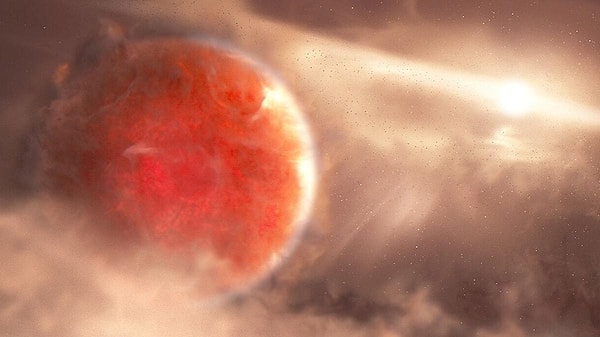
The 'WASP-193b,' which appears to be as fluffy and light as cotton candy, was discovered by the Wide Angle Search for Planets (WASP), an international collaboration of scientists searching for planets beyond our solar system, back in 2023.
Lead Researcher
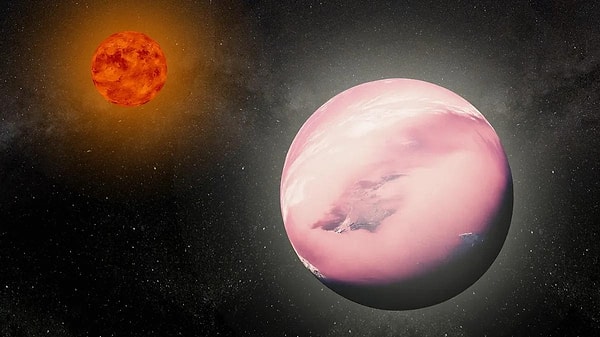
The planet was discovered by a team led by astronomer Khalid Barkaoui from the University of Liège in Belgium, hence named 'WASP-193b.'
Initial findings suggested that the 'Cotton Candy Exoplanet' was located 1232 light-years away from Earth. Despite being larger than Earth and even Jupiter, its low density and lightness were remarkable.
The planet, for which its formation and composition remain unknown, is known to have an extremely high temperature and moves at high speeds.
Hypotheses
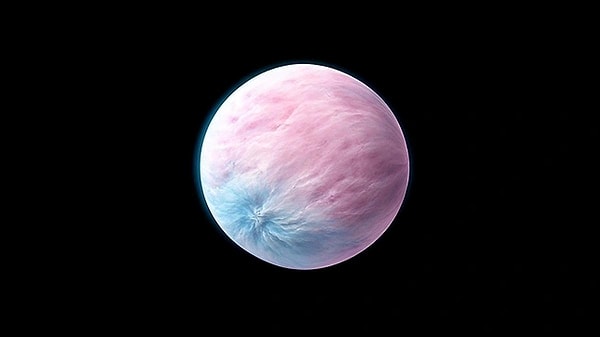
MIT astronomer Khalid Barkaoui speculated that 'WASP-193b' is a gas giant exoplanet orbiting an F-type star, suspected to consist mostly of hydrogen and helium like many other gas giants in the galaxy.
Distinctive Attributes
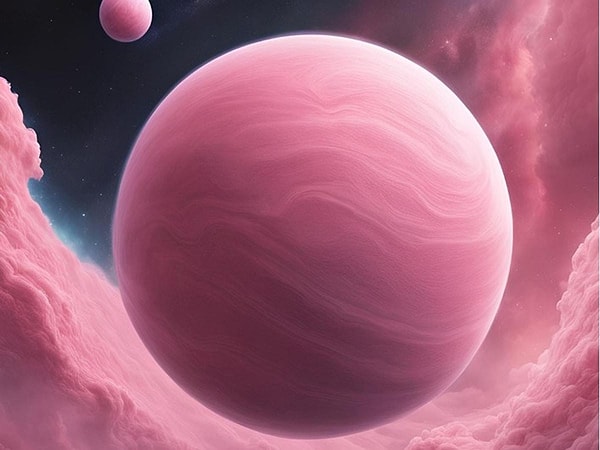
Described as 'super fluffy' due to being predominantly made of light gases instead of solid materials, this massive 'super soft' planet is approximately one and a half (1.464) times the size of Jupiter. However, it has been recorded as the least dense planet discovered so far.
Unanswered Questions
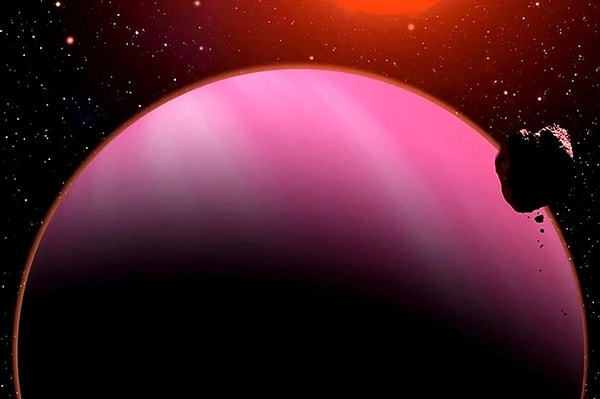
Astronomer Francisco Pozuelos from the Institute of Astrophysics of Andalusia stated, 'We cannot explain how this planet formed,' suggesting that scientists need to take a closer look at the atmosphere to gather more insights.
The planet's orbital period around its star was determined to be 6.2 days.
Keşfet ile ziyaret ettiğin tüm kategorileri tek akışta gör!


Send Comment